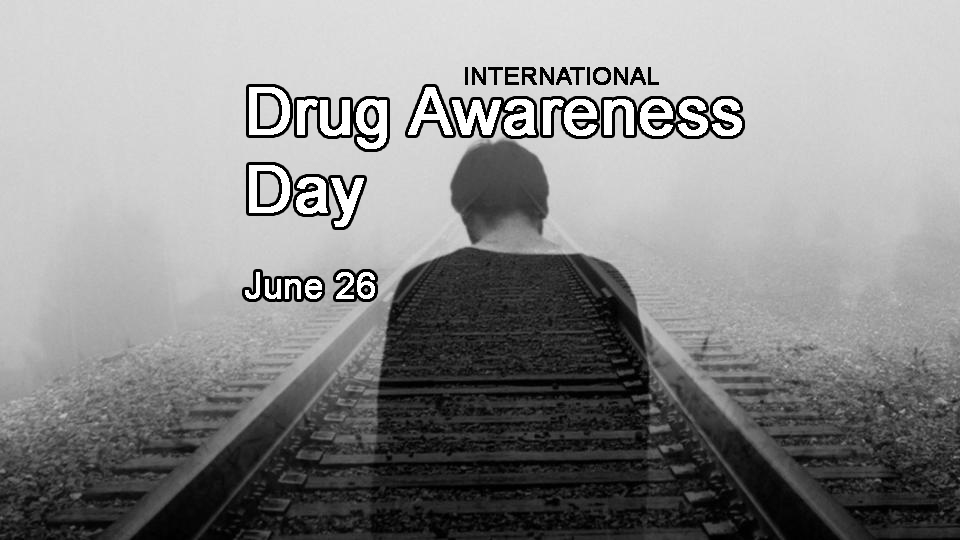Drugs are not an experiment

There is nothing cool about playing with drugs. Drugs can damage your brain, your body … you can become instantly addicted and your future will be ruined.
Brains develop until the age of 25. Anything interfering with that process will affect how your brain – and you – develop.
8 reasons why learners should avoid drugs
- Lower grades
- A higher rate of absence from school
- Absence from other activities
- A higher likelihood of dropping out of school
- Difficulty in studying and retaining information
- Lack of interest in school subjects
- Lack of interest in a future career
- Some drop out altogether
How drugs impact on your future:
Substance abuse and failure in school will have a knock-on effect on a student’s future. If learners can’t commit to education, they’re unlikely to commit to a career. This will have lasting financial repercussions.
Effects on health
Long-term substance abuse changes the brain, leading to addiction. By this stage it’s almost impossible to stop. Brain changes can then lead to mental health issues, like depression or anxiety.
Drug abusers will likely end up with lasting issues.
These include:
BODY:
- Cardiovascular system: Heart Disease (possible heart failure), collapsed veins from injecting drugs, infections in the veins of the heart.
- Kidney Damage: Long-term kidney damage. Possible kidney failure (which is life threatening).
- Liver damage: Heroin and opioids found in prescription drugs can cause damage. In severe cases, a life-threatening liver failure.
- Respiratory System: The lungs can be damaged by any drug that is smoked. Potential damage includes emphysema, lung cancer and chronic bronchitis. Opioids depress breathing and can make asthma more severe.
- Gastrointestinal damage: Many drugs damage or decay your stomach or intestines.
BRAIN:
- Impaired cognitive function. A neurotransmitter involved in the brain reward system, glutamate, is affected by drug abuse. The brain’s attempt to compensate for that causes changes to how a person thinks, making it more difficult to think and learn.
- Changes in memory: Drug abuse causes changes in memory and learning.
- Brain cells die. Many drugs are actually toxic, and they can kill brain cells. These cells will never come back to life, and the damage is permanent.
- Risk of overdose: It’s impossible to know what’s been mixed in with some drugs. Misuse already puts you at risk of an overdose. There’s an increased likelihood with street drugs as strength or purity can’t be established. Combining substances also increases risk.
PSYCHOLOGICAL EFFECTS
- Drug abuse and addiction often occur alongside mental illness. Drug abuse can trigger, contribute to, or worsen mental health conditions.
- People who abuse drugs are twice as likely to struggle with mood disorders, like depression, or anxiety disorders.
IMPACT ON RELATIONSHIPS
Trauma, assault, and injury from violence from abusers and addicts are likely. Relationships suffer during periods of drug abuse. The damage done is difficult if not impossible to repair.



